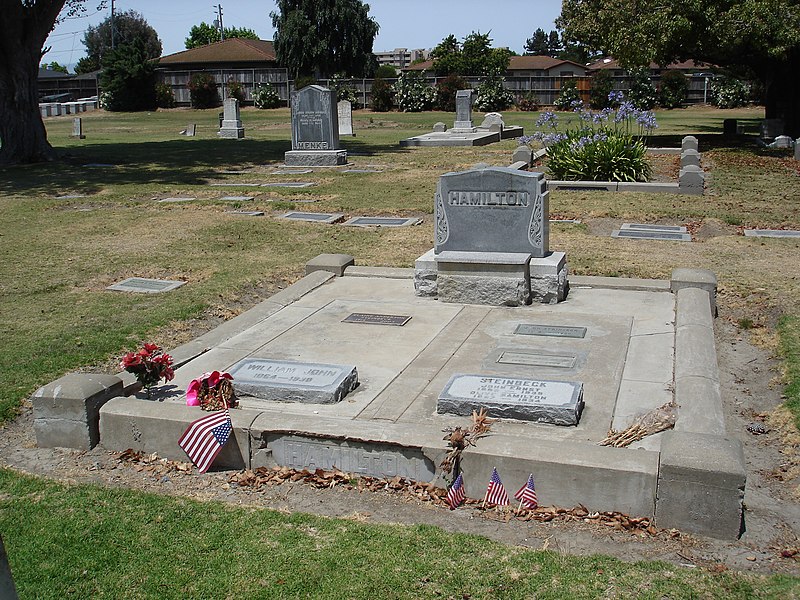Questa lettura mi è stata consigliata da un'amica carissima, con la quale spesso e volentieri ci scambiamo consigli di lettura, e i suoi sono sempre stati molto azzeccati. E questo ne è l'ennesima conferma.
Il sottotenente Hoffmiller, di stanza in un piccolo centro della provincia a una ventina di chilometri da Vienna, grazie all'intercessione del farmacista viene invitato a cena dalla famiglia del ricco possidente von Kekesfalva. La serata va perfettamente a parte un piccolo incidente con Edith, la figlia del padrone di casa, che è paraplegica. Per rimediare alla sua maleducazione, il giovane e affascinante tenente finirà per diventare un ospite fisso della casa, e la sua gentilezza e assiduità porteranno la giovane Edith a innamorarsi di lui.
Come raccontato all'inizio del libro, ci sono due tipi di compassione: la prima, debole e sentimentale, che è unicamente impazienza del cuore e vuole solo sbarazzarsi il più in fretta possibile della penosa commozione prodotta dall'altrui infelicità; mentre la seconda, più fattiva, decisa a sopportare tutto con pazienza e comprensione. Il giovane Hoffmiller è il modello per la prima, i suoi atteggiamenti, le decisioni che prende sono spesso dettate dall'impulso, dall'impazienza, dalla fretta di far passare in fretta il dolore, senza pensare veramente all'effetto che produrrà.
La vicenda viene svolta con la tecnica del flusso di coscienza, dove il narrante è lo stesso Anton Hoffmiller, circa quindici anni dopo la vicenda.
E seguendo il flusso, il libro scorre fluido, è difficile abbandonare la lettura anche per una semplice pausa. Complice un fine settimana di poco impegno, l'ho finito in due giorni, semplicemente divorandolo ma senza perdermi la bellezza della prosa e le intricate vicende presenti che tutte influiscono sul protagonista e sulle quali egli stesso tende a scaricarne la responsabilità, come fosse il destino a decidere per lui.
Unico neo, probabilmente la prolissità di certe parti usate come pausa di riflessione, ma che rappresentano un artificio dello scrittore per spiegare meglio certi passaggi e farli comprendere in pieno al lettore.
Stefan Zweig
L'impazienza del cuore
Frassinelli
Euro 17
*****************************************************************************
This reading has been recommended to me by a very dear friend, with whom we often exchange reading tips, and her ones have always been very well chosen. And this is yet another confirmation.
Lieutenant Hoffmiller, stationed in a small town in the province about twenty kilometers from Vienna, thanks to the intercession of the pharmacist, is invited to dinner by the family of the rich landowner von Kekesfalva. The evening goes perfectly apart from a small incident with Edith, the daughter of the landlord, who is paraplegic. To remedy his rudeness, the charming young lieutenant will eventually become a regular guest of the house, and his kindness and diligence will lead the young Edith to fall in love with him.
As told at the beginning of the book, there are two types of compassion: the first, weak and sentimental, which is only impatience of the heart and wants only to get rid as quickly as possible of the painful emotion produced by the unhappiness of others; while the second, more active, determined to endure everything with patience and understanding. The young Hoffmiller is the model for the first, his attitudes, the decisions he makes are often dictated by the impulse, by the impatience, by the hurry to make the pain pass quickly, without really thinking about the effect it will produce.
The story is carried out with the technique of the stream of consciousness, where the narrator is the same Anton Hoffmiller, about fifteen years after the story.
And following the flow, the book flows smoothly, it is difficult to abandon reading even for a simple pause. Accomplice a weekend of little effort, I finished it in two days, simply devouring it but without losing the beauty of the prose and the intricate present events that all affect the protagonist and on which he tends to discharge the responsibility, as if it were destiny to decide for him.
The only flaw, probably the prolixity of certain parts used as a pause for reflection, but which represent an artifice of the writer to better explain certain passages and make them fully understandable for the reader.
Stefan Zweig
Beware of pity




































